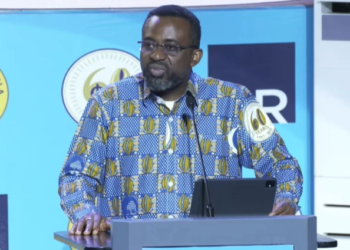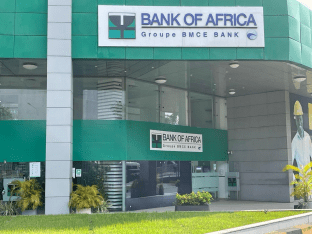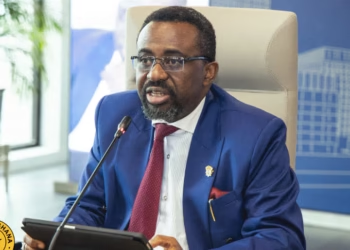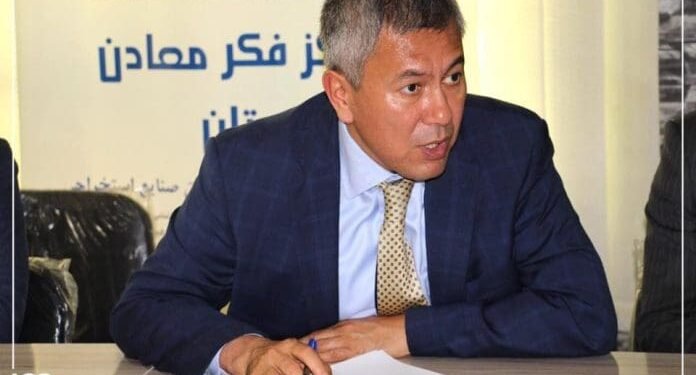Close to one-third of adults representing about 1.7 billion are still unbanked although some great strides have been made toward financial inclusion, according to Kristalina Georgieva, the Managing Director (MD) of the International Monetary Fund (IMF).
“About half of unbanked people include women from poor households in rural areas or out of the workforce,” she opined adding that digital financial services are being used to close these gaps and bring finance to the most vulnerable.
The Managing Director of IMF further asserted that “Digital payments are not just for the tech-savvy – they have huge implications for the whole world” because with the coronavirus pandemic, digital advancements, and opportunities are multiplying at an even faster pace but so are the accompanying risks.
“So we must tread courageously – and carefully. We must ensure that payments evolve to meet user needs while remaining safe and resilient. That’s at the micro level.
“And at the macro level, we need to foster a financial sector and international monetary system that are efficient and trusted, equitable and inclusive, and still dynamic.
“This matters tremendously for financial inclusion, an area where the digital transformation creates so many opportunities. Financial inclusion is one of the most powerful tools we have to fight poverty and lift up living standards. It is also crucial for empowering women,” Kristalina Georgiva remarked.
Highlighting the current state of financial inclusion globally, Kristalina disclosed that currently, 69% of adults have bank accounts. Also, since 2011 an additional 1.2 billion adults worldwide have gotten access to a bank account.
“But while we have made progress, much remains to be done,” she alerted.
The IMF Managing Director went on to reveal four cornerstones of payments on which the digital future will rest on in the digital age.
Delving into details she said first and foremost private sector innovation is very key in this digital era as the sector is “best able to gauge the needs of people and businesses, provide the diversity of products and services they want, and take the risks necessary for innovation”.
However, this poses a threat of translating risks to end-users or the financial system, monopoly power, or underserving vulnerable people.
Next is public sector involvement, to provide “verifiable digital ID, communications infrastructure, central bank money, and other necessities” which requires internet access. Unfortunately, nearly half the world’s people do not have internet connection, including “75 percent of the population in Sub-Saharan Africa and nearly 70 percent in South Asia,”Kristalina mentioned.
Also, the Central Bank plays a key role. “Just like a common language, central bank money allows one provider to pay another. With this foundation, each fintech company can offer and evolve its own services. Interoperability gives wings to innovation and diversity in payments”.
The third cornerstone centres on having a robust regulatory and legal framework for the protection and privacy for consumers, countering money laundering and other crimes, and providing stability and resilience for all.
Finally, Kristalina Georgieva intimated that there is a need for international cooperation, including to facilitate international payments and manage spillover effects which can affect the international monetary system.
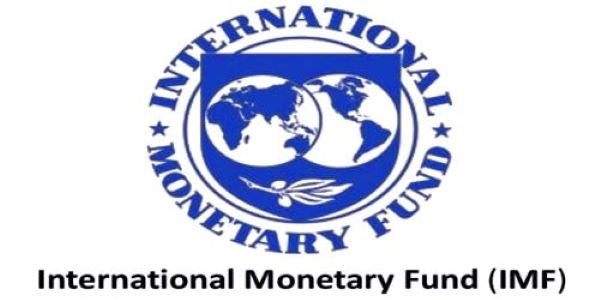
“As digital money becomes more widespread, effects will ripple around the world. These include domestic currencies being swapped for more enticing foreign currencies, reduced monetary policy effectiveness, and circumvention of capital account restrictions.
“The nations of the world created the IMF to help them guide the international monetary system and make it an engine of growth for everyone. At a time when the risk of further divergence between rich and poor has increased, we recognize that responsibility has never been greater.
“We stand ready to help foster a more resilient monetary system – one that is more inclusive, smarter, and greener,” she pronounced.





